Rising Demand for Personalized Medicine
The Research Antibody Market is experiencing a notable surge in demand for personalized medicine. This trend is driven by the increasing recognition of the need for tailored therapeutic approaches that cater to individual patient profiles. As healthcare systems evolve, the integration of research antibodies into personalized treatment regimens is becoming more prevalent. According to recent estimates, the market for personalized medicine is projected to reach substantial figures, indicating a robust growth trajectory. This shift towards personalized therapies necessitates the development of specific antibodies that can target unique biomarkers, thereby enhancing treatment efficacy. Consequently, the Research Antibody Market is likely to witness a corresponding increase in the production and utilization of specialized antibodies, aligning with the broader movement towards individualized healthcare solutions.
Regulatory Support for Antibody Development
Regulatory frameworks are evolving to support the development of research antibodies, which is a significant driver for the Research Antibody Market. Regulatory agencies are increasingly streamlining approval processes for antibody-based therapies, thereby facilitating faster market entry for innovative products. This supportive environment encourages investment and research in antibody development, as companies are more likely to pursue new therapeutic candidates with the assurance of a clearer regulatory pathway. Recent initiatives aimed at expediting the review of biologics are indicative of this trend. As regulatory support continues to strengthen, the Research Antibody Market is expected to experience accelerated growth, driven by the influx of new antibody products entering the market.
Increased Investment in Biotechnology Research
Investment in biotechnology research is a critical driver for the Research Antibody Market. As funding from both public and private sectors continues to rise, there is a corresponding increase in research activities focused on antibody development. This influx of capital facilitates the exploration of novel therapeutic targets and the development of innovative antibody-based solutions. Recent data indicates that biotechnology investments have reached unprecedented levels, underscoring the sector's potential for growth. The Research Antibody Market stands to benefit significantly from this trend, as increased funding translates into enhanced research capabilities and the acceleration of antibody discovery and development processes.
Technological Advancements in Antibody Development
Technological innovations are playing a pivotal role in shaping the Research Antibody Market. The advent of advanced techniques such as CRISPR, next-generation sequencing, and high-throughput screening has revolutionized the way antibodies are developed and produced. These technologies enable researchers to create more specific and effective antibodies, thereby enhancing their utility in various applications, including diagnostics and therapeutics. The market is projected to grow significantly, with estimates suggesting a compound annual growth rate that reflects the increasing adoption of these technologies. As researchers continue to leverage these advancements, the Research Antibody Market is poised for substantial growth, driven by the demand for more precise and efficient antibody solutions.
Growing Applications in Diagnostics and Therapeutics
The expanding applications of research antibodies in diagnostics and therapeutics are driving growth in the Research Antibody Market. Antibodies are increasingly utilized in various diagnostic assays, including immunohistochemistry and ELISA, which are essential for disease detection and monitoring. Furthermore, their role in therapeutic interventions, particularly in oncology and autoimmune diseases, is becoming more pronounced. Market analyses suggest that the demand for antibodies in these applications is on the rise, reflecting a broader trend towards the integration of antibody-based solutions in clinical practice. This growing utilization is likely to propel the Research Antibody Market forward, as more healthcare providers recognize the value of antibodies in improving patient outcomes.


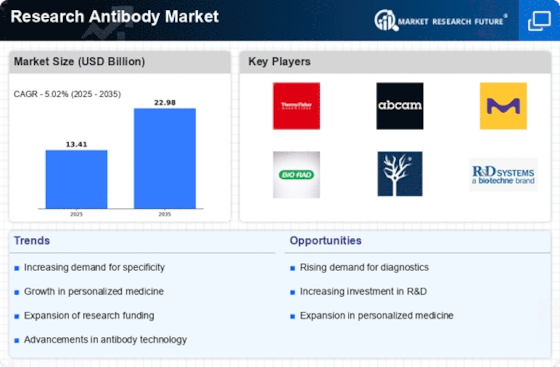
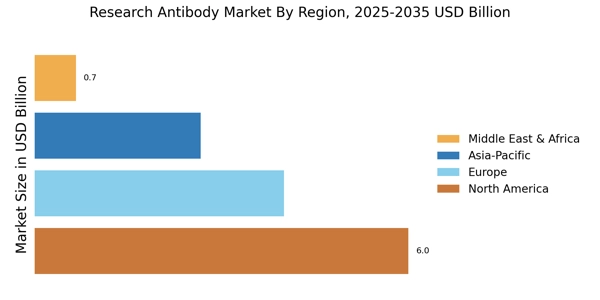
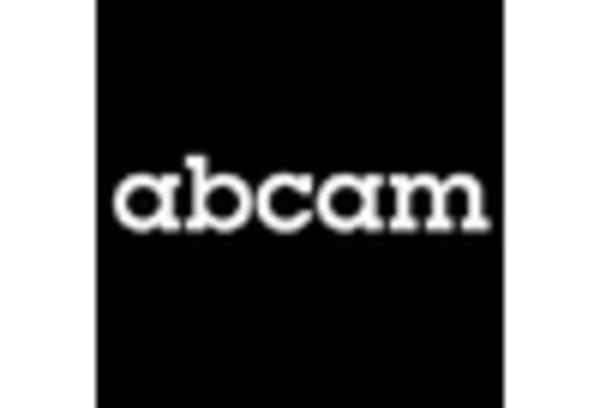

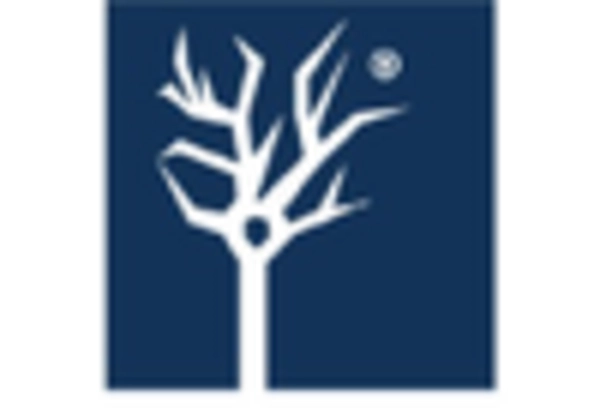

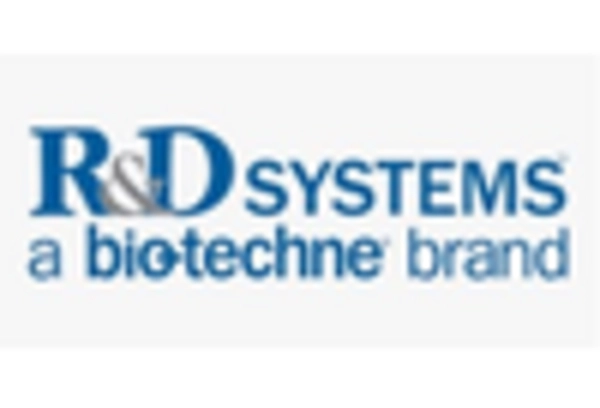









Leave a Comment